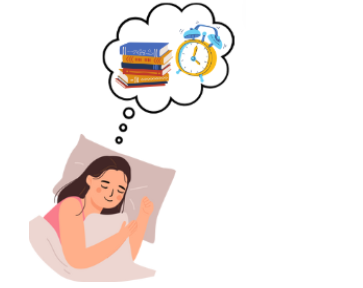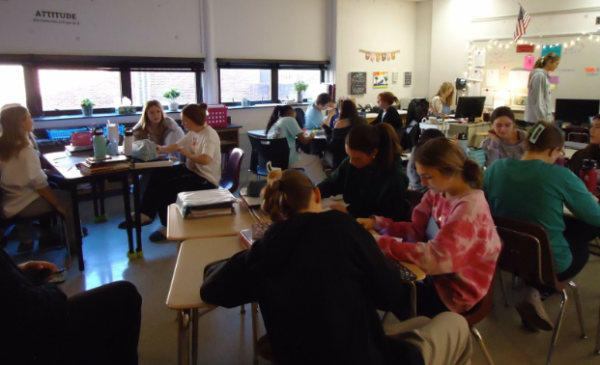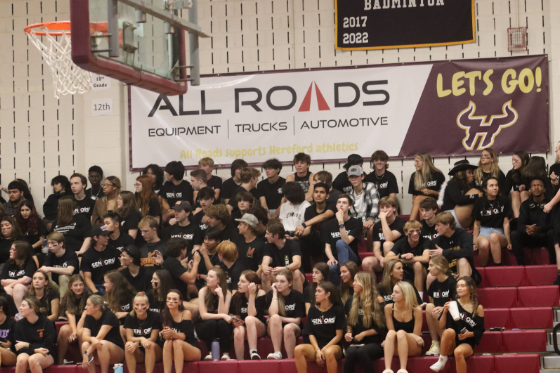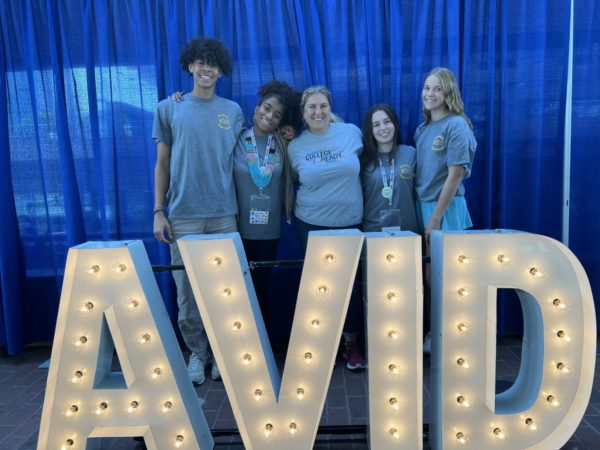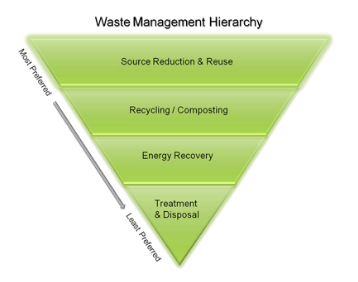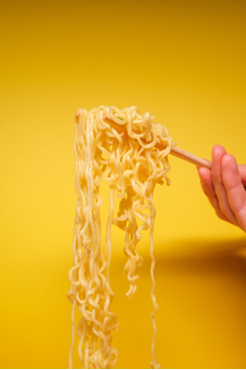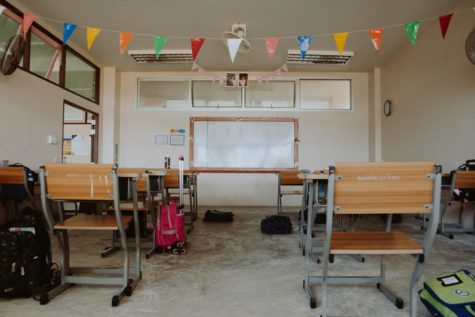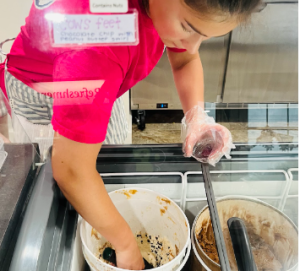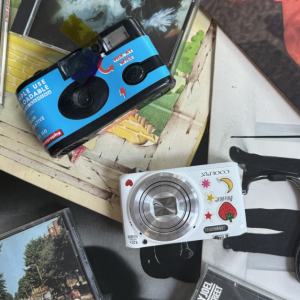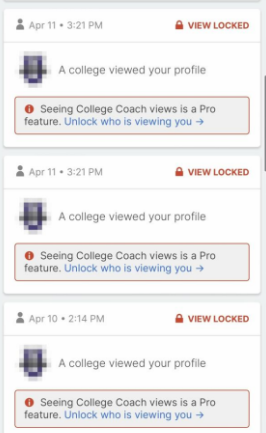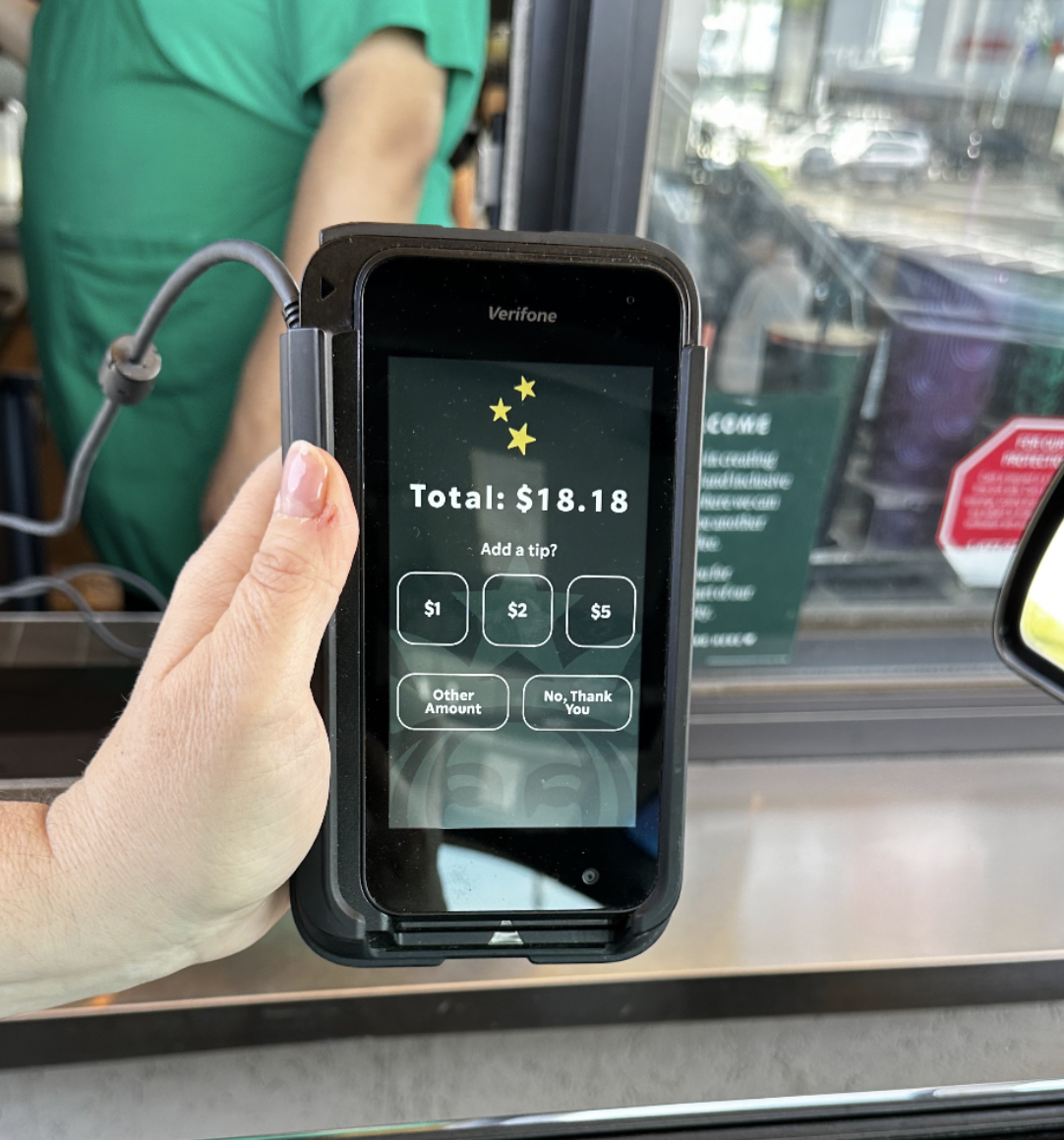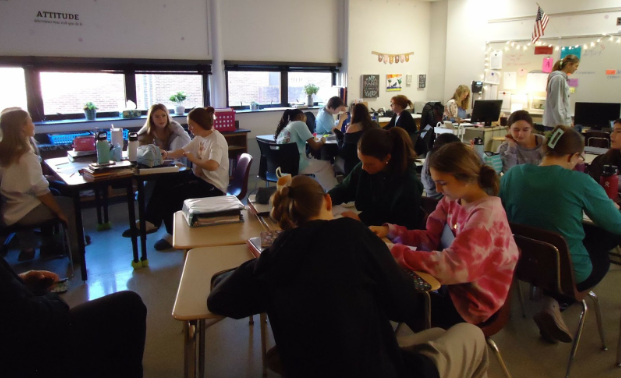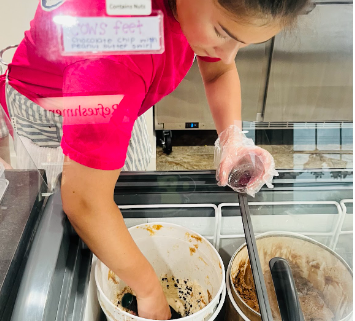Most people know that when they go to a restaurant, the appropriate tip to leave is 20%. However, tipping culture is changing, and the field of who to tip has been broadened, even going to include people who are already paid minimum wage. The automated message that asks “add a tip?” for just about any service is making people want to stop tipping.
Historically tipping began in Europe during the Middle Ages when the wealthy would give citizens in the lower class extra amounts of money for their services. However, in the United States tipping began after the Civil War when former slaves and immigrants entered the workforce. Employers took advantage of the new class of workers and hired them for extremely low paying jobs, instead urging patrons to tip the workers extra money for their services. Since then, tipping has been present in the United States, but has become much less popular in Europe.
In past years, tipping didn’t seem to be an issue. It was common courtesy that people would tip at restaurants, hotels, or other services where it was deemed appropriate. People tipped more if they received a good service or experience, and less if it was bad. For most services a tip would typically range from 18%-20%. For example, if a check came out to be $20, the tip would be $4. Recent years have brought a “tipflation,” where tips have become more expensive, and are expected to cover a broader range of services.
Almost everyone will admit that they’ve started to see the “leave a tip” screens when the computers are turned around. Even at a frozen yogurt place where the customer is putting their own frozen yogurt in their own cup it asks if they would like to tip. Who exactly would the tip be going to: the customer?
The computer makes people feel like they have to tip, and there is a societal pressure on it. It’s more complicated to not tip when the person who you’re supposed to be tipping is looking right at you. It’s hard to decide exactly what kind of tip someone should give when they’re faced with the screen, and people have started to get sick of it.
“I don’t usually tip at Starbucks because I feel like they kind of just took my order,” Julia Ho (‘25) said. “I just think it’s weird.”
The forced tipping takes away from people who actually need the tips. Customers go to places like Starbucks and think, why should I tip? That also means that they then go to actual restaurants and think the same thing. The reality however, is that restaurant workers need tips to meet their minimum wage, and many of them rely on tips for their living.
In the rest of the world tipping isn’t as large of a custom. In London people may tip tour guides and taxi drivers, and restaurant servers may get 10-15%. In Paris tipping is not expected because it is already included in the check. Maybe the United States should adopt this system, and get rid of tips.
Tips seem to make the check more expensive than it should be, but if it was already included in the bill maybe people would complain less.
It’s especially hard for students to tip what they are expected to. Teens are notorious for not tipping enough, but how are they supposed to follow the ever increasing trends? It was reasonable when a tip was only a little extra money, but if the tip is expected to be a $20 increase it makes it harder.
Tipflation is causing people to stop tipping, but it should really have people reevaluating what tipping should be for and what it should mean.


